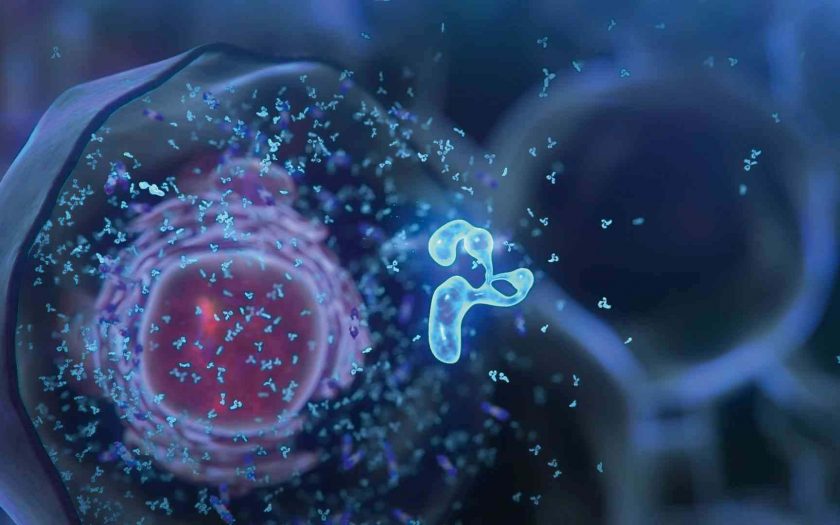Intestinal oncology is a common and insidious disease due to its localization and asymptomatic course. It is difficult to detect in the early stages, and late detection is fraught with complications.
Every country strives to provide maximum assistance to cancer patients. Let’s consider the principles of diagnosis and treatment of bowel cancer on the example of German clinics. The use of the latest advances in medical science in combination with the latest equipment gives a good chance of recovery.
Basic diagnostic methods
- Examination of the anus allows you to assess the condition of the mucous membrane and determine its pathology.
- Fecal occult blood analysis provides specialists with the necessary information.
- Blood test for tumor markers.
- Examination of the intestinal mucosa with a special probe (colonoscopy) allows the doctor to see the slightest changes and tumors at an early stage, make a biopsy and remove the detected polyps.
- MRI examination reveals the extent of the tumor, its structure and the presence of metastases in other organs.
- Ultrasound is an informative and safe method. It is used to detect metastases in the abdominal cavity.
- Chest x-rays are done to rule out metastases in the breast.
Principles of treatment of intestinal oncology
- The operative method remains the main method of removing tumors. During the operation, the area damaged by the disease is removed, but along with it, the nearest lymph nodes are removed. In the early stages of cancer detection, this method gives good results.
- The use of ultrasound is a gentle method. Focused ultrasound, aimed directly at the tumor, destroys cancer cells.
- The method of exposure to cold (cryodestruction) is also used to destroy tumor cells in the early stages of the disease.
- Photodynamic therapy is the effect of light on tumors. First, a light-sensitive drug is injected, which accumulates in the affected cells. Under the influence of a ray of light, the substance is activated and destroys the tumor from within.
- Radiation therapy can reduce the size of the tumor and reduce the risk of complications during surgery. It also consolidates the result.
- Chemotherapy. Modern pharmacology offers effective drugs that can be used both before and after surgery (Dicaris, Capegard-500). As a stand-alone treatment, chemotherapy is prescribed when the tumor cannot be treated surgically.
- Biologics are a new development of vaccines and serums that suppress the appearance of tumors.
- T-helper technology is the introduction of antigens of an existing tumor in order to destroy it.
Treatment of small bowel cancer
The methods and techniques used are the same as in the treatment of the colon.
- Surgery (resection) of the affected area of the intestine
- Prescribing medication
- Radiation therapy
- Symptomatic therapy is used in the later stages of the cancer process.
The choice of treatment method and its effectiveness directly depends on the period of initial detection of tumors. The localization of the tumor, the stage of its development, the condition of the patient’s body, as well as the technical capabilities of the clinic are of great importance.

